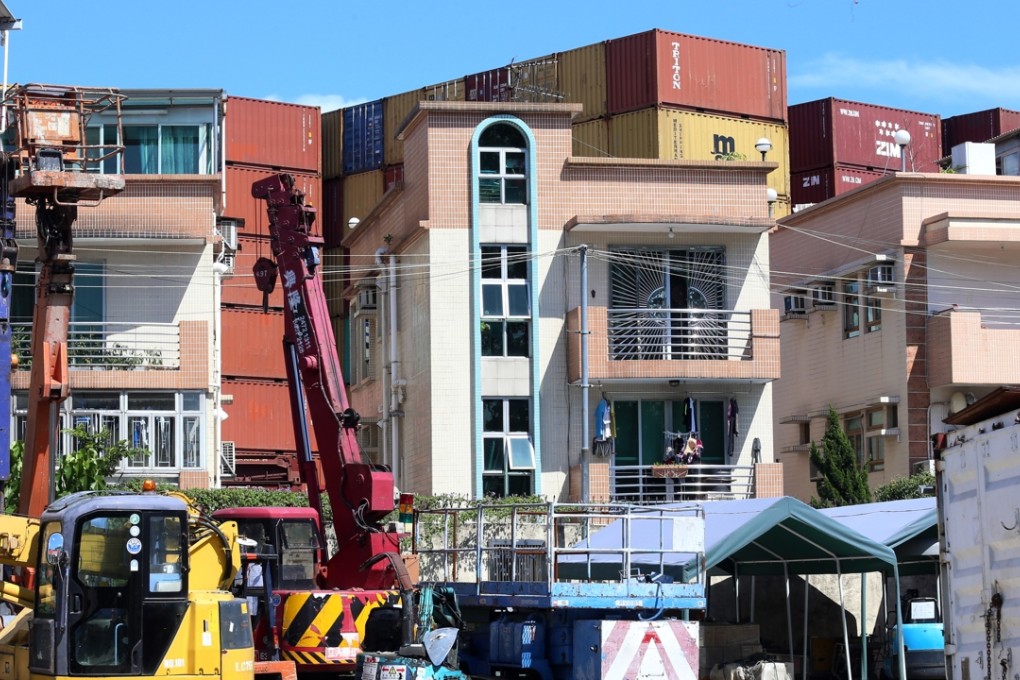Time to thoroughly overhaul Hong Kong’s small-house policy and root out those who abuse it
John Chan says the sale of small-house building rights to developers often involves deception by indigenous villagers, and this unfair privilege must not be allowed to continue

The recent conviction of a developer of small “ding” houses in the New Territories and 11 indigenous male inhabitants sparked a strong reaction from the Heung Yee Kuk, the body which represents the interests of indigenous inhabitants in the New Territories.
The kuk sees the right to build and sell ding houses as a customary right protected by the Basic Law and has vowed to fight against the criminalisation of the sale of “ding rights” to developers, not ruling out seeking a National People’s Congress Standing Committee interpretation of the Basic Law to achieve their objective.
READ MORE: Abused small-house policy in Hong Kong needs judicial scrutiny
The small-house policy dates back to 1972 when the New Territories was still predominantly rural. Under the policy, a male aged 18 or above descended from a resident of one of the 550 recognised villages – identified by Indian surveyors of the British Army in 1899-1902, after Britain took over the New Territories from Qing China in 1898 – may apply once during his lifetime for permission to erect a ding house for his own use. He can either apply for a free building licence to construct a three-storey dwelling with a floor area of 700 square feet per floor on his own land, or apply for a grant of land from the government to build it.

There is no way of knowing how many outstanding applications have been filed with false declarations
Some have claimed that the policy of giving privileged housing rights to male indigenous inhabitants has turned into an endowment, simply handing lavish wealth to these men when they cooperate with the developers and sell their rights.